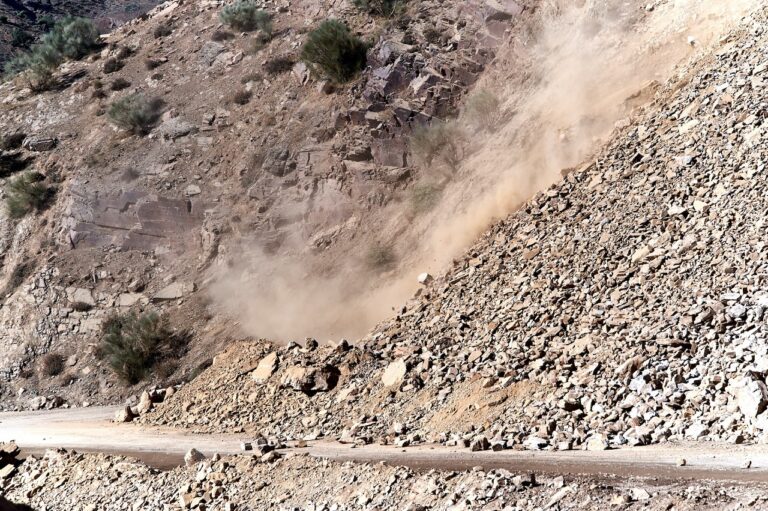A Heat Wave is a period of abnormally high temperatures, more than the normal maximum temperature that occurs during the summer season in the North-Western parts of India. In India Heat waves typically occur from March to June, and in some rare cases, even extend till July. On an average, five-six heat wave events occur every year over the northern parts of the country. In 2016, severe heat wave conditions affected Bihar, Jharkhand, Gangetic West Bengal, Odisha, Punjab, Haryana, Chandigarh & Delhi, Rajasthan, Maharashtra, West Madhya Pradesh and Gujarat.
Key characteristics of a heat wave include:
- High Temperatures: The defining feature of a heat wave is a significant and sustained increase in temperature, often exceeding the normal range for a particular location. Heat waves can lead to temperatures well above 90°F (32°C) or even higher.
- Duration: A heat wave typically lasts for an extended period, often several days to weeks. It is not merely a short-term spike in temperature, but rather a persistent and prolonged event.
- Humidity: High humidity can exacerbate the discomfort associated with a heat wave. The combination of high temperatures and humidity can make the heat feel even more oppressive.
- Lack of Cooling: Heat waves can be particularly dangerous when they occur in regions where people are not accustomed to such extreme temperatures, and where there is a lack of access to air conditioning or other means of cooling.
- Health Risks: Prolonged exposure to high temperatures can pose serious health risks. Heat-related illnesses such as heat exhaustion and heatstroke become more common during heat waves, and these conditions can be life-threatening if not treated promptly.
- Impacts on Infrastructure: Heat waves can strain infrastructure, leading to power outages, increased energy consumption, and damage to roads, railways, and other critical systems. Pavement can become dangerously hot and brittle, and water resources can become stressed as demand for water increases.
- Impact on Agriculture: Agricultural productivity can suffer during a heat wave due to heat stress on crops, livestock, and irrigation systems. This can lead to reduced crop yields and financial losses for farmers.
- Environmental Consequences: Heat waves can also have ecological consequences. High temperatures can lead to wildfires, harm wildlife, and disrupt ecosystems, while also contributing to the melting of glaciers and polar ice caps.




